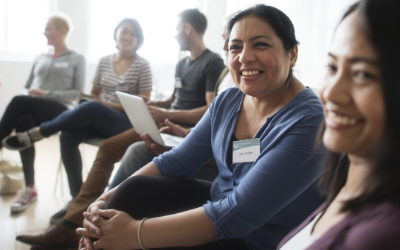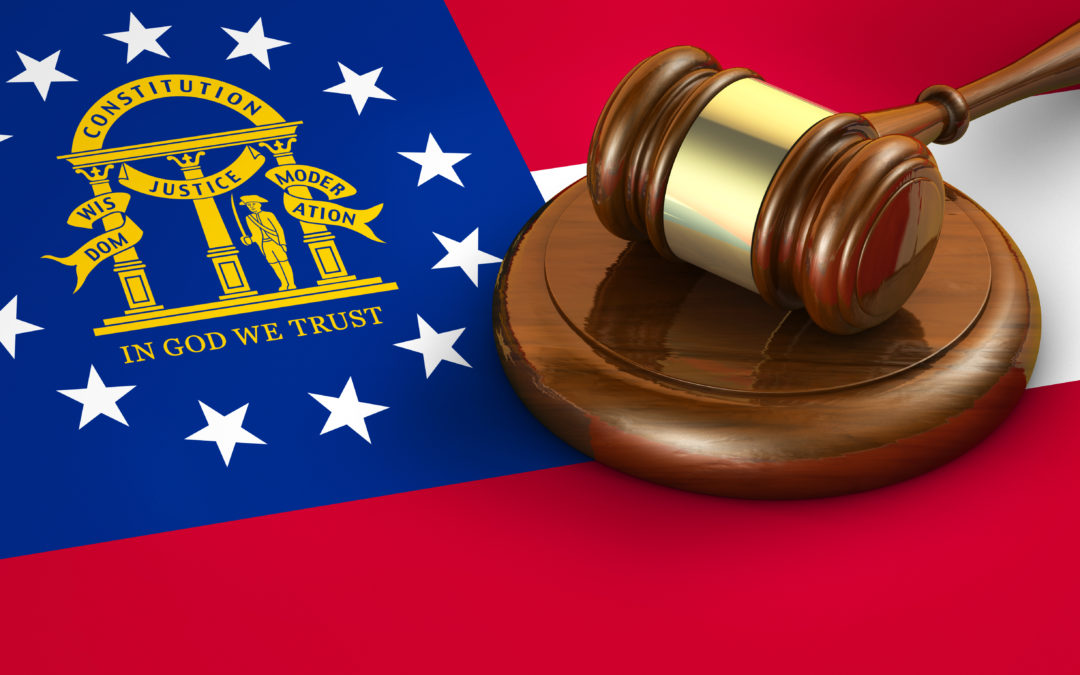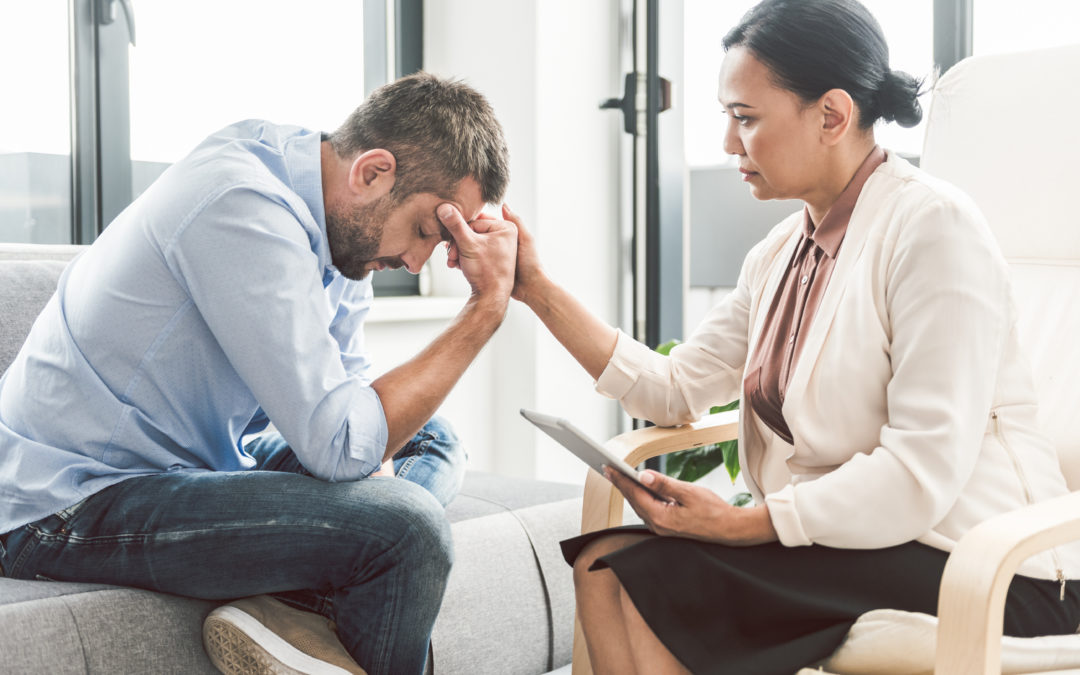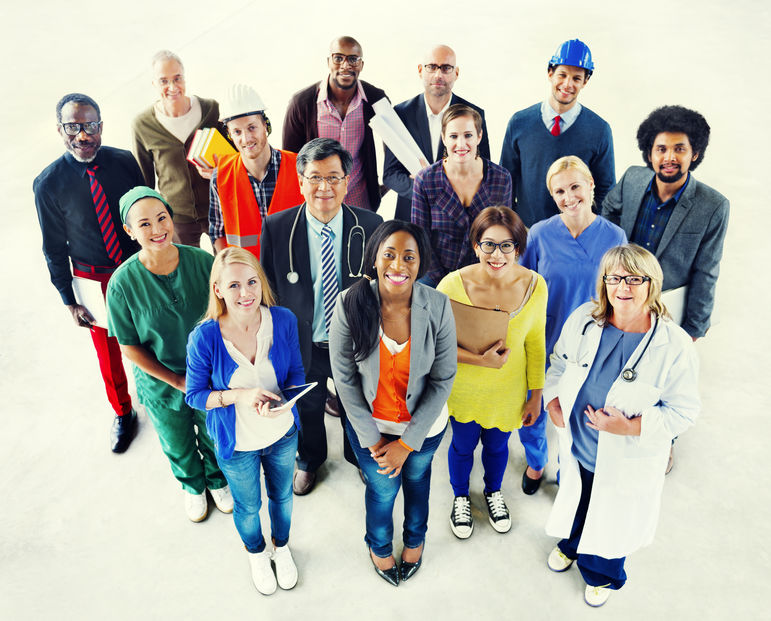
A Community Responds to Need (or Good News You’ll Never See in Mainstream Media)
A Community Responds to Need (or Good News You’ll Never See in Mainstream Media)
By Eric Cochling
Just seven months in and it’s fair to say that 2020 has been one of the most disastrous years in modern American history. The very fabric of our country seems to be unravelling before our eyes. As a year that can’t avoid being remembered in infamy, 2020 will forever be known for its pandemic, mass unemployment, police shootings, riots, and autonomous zones. For many of us born after the tumultuous 1960s, this is the first time we’ve seen our country in so much real, existential trouble.
Despite all the terrible things that have happened, and despite a media establishment that seems all in on an “if it bleeds, it leads” approach, you don’t have to look too far to find reasons to be hopeful. Granted, you do have to look in different places to find the good news—you’re unlikely to see it in news broadcasts or social media where anger and outrage are the fuel.
Instead, you have to read a local paper or sign up for newsletters and blogs (like this one) from ministries and nonprofits that you know. If you do, what you will find is that many Americans—and you’re likely one—are quietly at work responding to community needs and finding ways to bring people together.
In fact, many more of us are responding in this way than participating in riots or joining Twitter mobs. But because it’s the good, right, and (dare I say) expected response, it’s relegated to the “human interest” section of the paper, the end of the news broadcast, and the unpromoted backwaters of social media where virtually no one goes. At GCO, we are privileged to be working with community partners in just one of those efforts to respond to need.
Leading up to the COVID-19 pandemic, church, nonprofit, and community leaders in my hometown of Lawrenceville were already discussing ways we could partner to become better neighbors to those in poorer sections of the city. Unaware of what was coming, we prayed for guidance and started making initial plans for how best to work together. When COVID-19 struck and our state began shutting down, our group coalesced around a plan to serve those families living in extended stay hotels or rental properties in Lawrenceville who were on the verge of eviction. These were the families on the financial bubble pre-COVID and would be the first to be harmed as businesses shuttered. With funding from private philanthropy and the City of Lawrenceville, the Lawrenceville Response Center (LRC) was born.
Through the partner organizations working through the LRC (organized and led by Impact46), our groups have provided case management (Village of Hope and St. Vincent de Paul), housing stability (the Lawrenceville Housing Authority), food security (the Lawrenceville Cooperative Ministry), mentoring and coaching (Lawrenceville Employee Assistance Program at First UMC Lawrenceville), and job search assistance (GCO’s Hiring Well, Doing Good program). To date, the LRC has helped more than 200 families avoid eviction, have sufficient nutrition, and get on the path back to a stable income.
It’s the biggest good news story in my community, but almost no one knows about it. It’s a story of people (with diversity of race, gender, income, political views, and faith) coming together to help alleviate and prevent suffering. As we enter into our third month of working together, we celebrate the successes we’ve seen:
- The mom and daughter who now have a place of their own after spending many nights living in their car.
- The couple who were unemployed and living under a bridge who are now in decent housing and working.
- The mom and her two children who have been able to remain in an extended stay hotel while mom successfully found a new job.
There are other stories like this and there will be more. And our experience in Lawrenceville is certainly being replicated in other cities and states around the country. Even though you’ll almost never hear it from a 24-hour news channel or see it in your Twitter feed, this is how the vast majority of Americans respond in a crisis: They roll up their sleeves and help.
HWDG brings together community resources and technology to help un- and under-employed individuals achieve economic independence in three ways:
- Offering support: Individuals can easily search for local service providers who can help them overcome barriers to employment.
- Helping people find their strengths: Job seekers can identify their strengths and opportunities for employment through a soft skills assessment, a library of training programs, and a career pathway generator.
- Linking people directly with job opportunities: Job seekers can then connect with jobs relevant to their skill sets and personal preferences and geographic area.








